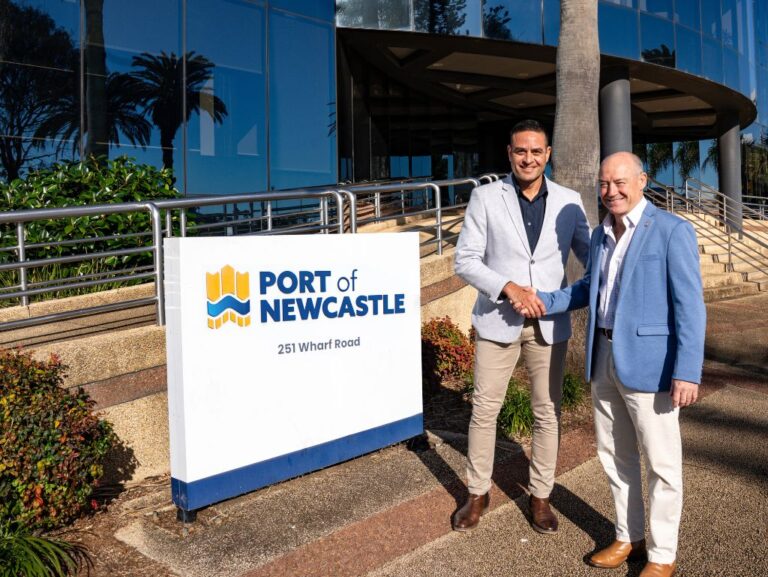Newcastle is perfectly positioned to be the nearshoring capital of the eastern seaboard.
Its location means, the city can be the engine room for the nation’s three biggest cities and it makes sense due to its accessibility – a two-hour drive from Sydney, an about an hour flight from Melbourne and Brisbane.
Though, before we become too excited about this opportunity – what is nearshoring?
People are familiar with offshoring. This is when business is taken out of the country to reduce costs. Usually it is call centres or financial and information technology processes to places in Asia like the Philippines, India and China.
Nearshoring is related, as it is still shifting business processes from large economies to smaller centres, however, within the region.
In essence, it is outsourcing to nearby locations. It is attractive due to lower cost of living; proximity; skilled labour force; similar culture; familiarity with education system, qualifications and tax system as well as work quality being a known factor.
I believe, nearshoring for certain business processes will start to expand for a number of reasons. In certain areas, offshoring has started to retract and businesses are investigating other ways to be cost effective. There is also a growing shift back to people-centred business environments. Another incentive to nearshore is the possibility of a grant through one of several government assistance programs available.
In Australia, big capital centres can nearshore by moving business processes to lower-cost regional areas.
So, Newcastle as a nearshore hub does not compete for business with Sydney, Brisbane and Melbourne as they are its markets; its competition is Hobart and Adelaide.
When you compare Newcastle to these two cities, we have two main advantages – the same time zone as Melbourne and Sydney and the ease of proximity.
Newcastle is also a large regional area, known for its education system especially, its lauded university. It has a stable and keen workforce.
I think the state government has worked out the city’s engine-room potential, which is evident through its funding of infrastructure and innovation, especially the recent talk of Newcastle as an innovation hub.
Newcastle has the capacity to become a formidable engine room. We need to leverage this position to help strengthen our economy.
It is a two-prong approach; as we become a nearshoring hub, the sector grows bringing more money and jobs to the region then on the flipside we have diversified the client pool by servicing businesses from outside the region and spread our risk.
It also means Hunter businesses can diversify and grow by offering nearshore services to capital-city markets.
My belief in the nearshoring model comes from using it. About 25 per cent of my clients are from Newcastle and the remainder is from across the nation.
So, my business does not solely rely on the Newcastle economy, if there is a downturn locally, my organisation still thrives as the client base is spread across Australia.
Our experience is most clients are time poor, they are looking for ways to maximise their hours. Some have found, if they offshore certain skill sets they have compromised time and quality for cost.
It is a balancing act between cost, time and quality. There is a saying that goes ‘Fast, good or cheap. Pick two’. You can only have two out of the three, so you need to pick the ones most important to your organisation and even more essential for the business processes in question.
I believe, it is also necessary to breakdown each process by task, specialty, skill set and type of talent or expertise. This gives you an idea of the processes that can be outsourced either by offshoring, nearshoring or a combination of both.
For example, a call centre in Asia can be okay, however, more technical calls may need to come back to Australia. It depends on the service you want to provide, especially the quality of the advice. The technical call centre could easily be in a nearshore centre rather than a capital city.
When it comes to nearshoring, especially for the eastern-seaboard capital-city businesses, Newcastle offers quality and time at a cost-conscious rate.
The rate is not a compromise of time or quality; it is due to the lower cost of living in Newcastle. Everything is cheaper than capitals – well nearly, the only exception I have found is a barista coffee.
Newcastle as Australia’s number one nearshore centre makes a lot of sense and it is time to develop this advantage.





